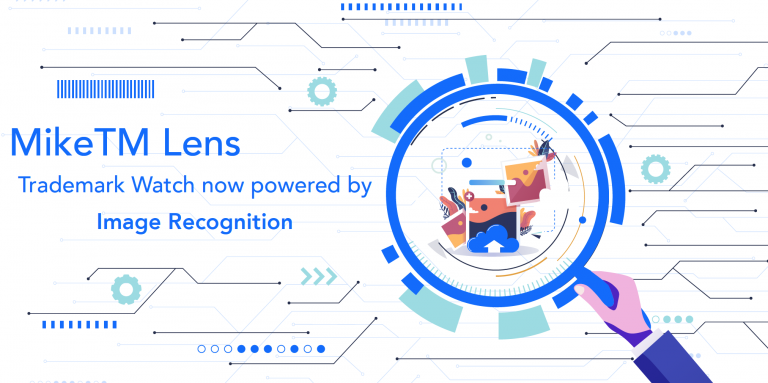Pharma IP Protection Checklist
Intellectual property protection is crucial for the pharmaceutical sector in India to safeguard innovation and encourage research and development.
A comprehensive IP protection checklist for the pharma sector in India should include:
Securing Patents: Pharmaceutical companies should file patents for their innovative drug formulations, manufacturing processes, and medical devices to secure exclusive rights and prevent others from copying or using their inventions without permission.
Trade Secrets Protection: Companies should implement measures to protect trade secrets, such as maintaining internal confidentiality protocols, restricting access to sensitive information, and enforcing non-disclosure agreements with employees and contractors.
Trademark Registration & Brand Protection: Companies should register their brand names, logos, and other trademarks before the launch of products/medicines to prevent others from using similar marks in the pharmaceutical market. Building a strong brand and reputation through effective marketing and advertising, monitoring and addressing any unauthorized use of the company’s brand or trademarks, and IP.
Monitoring and Enforcing Rights: Regular monitoring of the market to identify potential infringement of intellectual property rights and taking necessary legal action, even litigation if and when infringement occurs.
Ensuring Regulatory Compliance: Pharmaceutical companies should ensure compliance with all relevant laws and regulations, including drug registration requirements, clinical trial procedures, and labelling and packaging requirements. They should also look into any jurisdictional compliance if applicable.
Data Protection: Pharmaceutical companies should implement robust data protection measures to protect confidential and sensitive information related to drug development, clinical trials, and patient data.
Licensing and Technology Transfer: Pharmaceutical companies often consider licensing their intellectual property to generate revenue and facilitate technology transfer for further research and development. The mutual agreements and contracts should clearly define the share of IP, ownership and revenue share based on the role of the two parties.
Counterfeit and Piracy Prevention: Implementing all means and measures to prevent counterfeit drugs, piracy of intellectual property, and unauthorized manufacturing or distribution of patented products, including seizing infringing products, seeking damages, and obtaining injunctions the use of anti-counterfeiting technologies and collaboration with law enforcement authorities for enforcement actions.
Other scenarios where IP protection plays a major role in the pharmaceutical sector:
Collaboration Agreements: Companies often enter into collaboration agreements with research institutions, universities, and other commercial partners to pool resources, share expertise, and jointly work on innovative projects, and research. These partnerships and collaborations clearly define intellectual property ownership and rights, share and distribution of revenue based on the mutual agreement between the two parties and also ownership of the IP generated during this joint exercise.
Employee Education: Providing education and training to employees about the importance of intellectual property protection, confidentiality, and proper handling of sensitive information
Employee Contracts: Ensure that employee contracts clearly define ownership of intellectual property created during the course of employment and include provisions for the protection of confidential information and trade secrets.
ClinicalTrials: Implementing proper protocols and procedures for conducting clinical trials, ensuring compliance with regulatory requirements, and protecting the data generated during these trials.
Global Market Expansion: Taking steps to protect intellectual property rights in international markets, such as filing for patents and trademarks in target countries and enforcing these rights through international legal mechanisms when necessary.
Intellectual property rights are a critical component of modern business and innovation in the pharmaceutical industry. Not only does the protection and proper ownership of IP lays the foundation of responsible research and commercial production of pharmaceuticals, it also protects the innovator, their brand and revenue.




